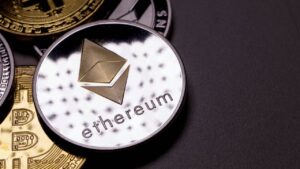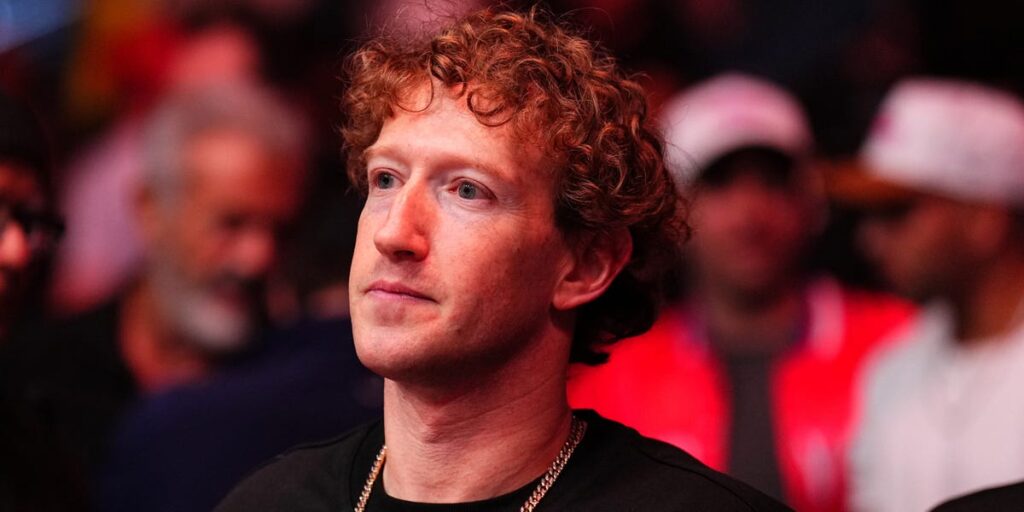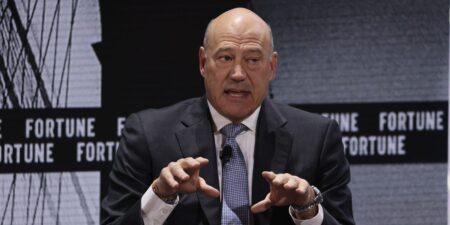Shareholder activists say Meta isn’t doing enough to combat hate speech.
The Anti-Defamation League (ADL) and Jewish investor network JLens are calling on Meta investors to back a new proposal demanding greater transparency into how the company handles antisemitism, anti-LGBTQ+, and anti-disability hate speech.
The campaign comes amid rising concern over Meta’s rollback of moderation policies and signals that investor scrutiny of the company’s approach to safety has intensified.
The shareholder proposal, known as Proposal 8, calls on Meta to publish a public report detailing how it identifies, moderates, and addresses hate speech across its platforms. Shareholders will vote on the measure at Meta’s annual meeting on May 28.
The report would include data tracking the prevalence of hate speech on Meta’s platforms, broken down by the communities targeted, and an analysis of whether such content has increased or decreased under updated policy guidelines. It would also disclose any new policies or product interventions Meta has introduced or is developing to address hate targeting marginalized groups.
Still, Meta CEO Mark Zuckerberg controls a majority of the company’s voting shares through a dual-class stock structure, effectively giving him the power to decide the outcome of any shareholder vote. Even if outside investors broadly support the proposal, it is almost certain to fail without Zuckerberg’s backing.
Meta declined to comment.
Meta’s board has urged shareholders to vote against the proposal, saying the company already has comprehensive content moderation systems and transparency reports and that an additional report would not provide meaningful new information.
ADL and JLens argue that forcing the issue into public view and onto the ballot is an important step toward holding Meta accountable.
“This is not a one-time effort, but part of a broader push to ensure Meta takes meaningful responsibility for the harmful content that appears on its platforms,” Ari Hoffnung, managing director of JLens, told Business Insider. “Transparency is the necessary first step. Investors and the public need to understand what Meta is currently doing to combat hate on its platforms.”
Both ADL and JLens say Meta’s current disclosures fall short and that independent, community-specific metrics are essential to understanding the risks.
In addition to concerns about user safety, JLens also framed hate speech as a financial risk for Meta’s shareholders. Hoffnung said harmful content on Meta could expose the company to legal, regulatory, and reputational risks and threaten relationships with advertisers.
“Meta is the platform where we’ve consistently identified as having one of the highest volumes of antisemitic and other hateful content, making it a priority for investor engagement,” Jonathan Greenblatt, CEO of ADL, told BI. “Meta also is a public company, and so as shareholders, we have a formal mechanism to push for transparency and accountability through resolutions like Proposal 8, which we believe is the most constructive way to drive lasting change from within the company.”
The ADL, founded in 1913, is one of the most prominent civil rights organizations in the US focused on combating antisemitism and hate. In 2022, it acquired JLens, a Jewish values-based investor network, giving it a formal foothold in shareholder advocacy. JLens manages investments in major public companies, including Meta, through funds aligned with Jewish values and has stakes in most large public companies, including Apple, Microsoft, Nvidia, and Meta.
While the ADL does not directly own Meta stock, its acquisition of JLens enables it to influence corporate governance through shareholder proposals.
“We’ve previously attempted to engage the company directly without success,” Hoffnung said. “This year, we felt it was time to escalate our concerns through a shareholder proposal.”
Shareholder proposals are a common tool during “proxy season,” the period in spring when public companies hold annual meetings and shareholders vote on issues ranging from executive compensation to corporate social responsibility.
The pressure on Meta comes as the company’s own Oversight Board, an independent group funded by Meta, recently raised alarms about the company’s approach to hate speech enforcement. In a statement last week, the board criticized Meta’s recent rollback of its moderation policies and warned that the changes could undermine user safety and brand trust.
Greenblatt said the ADL believes strongly in free expression but rejects the idea that it should come at the expense of user safety.
“We strongly believe in the importance of free expression, but it cannot come at the expense of safety,” he said. “Antisemitic content and hate speech can lead to real-world harm, threats, and violence — as we’ve often seen — and it then crosses the line from protected expression into dangerous conduct.”
Greenblatt pointed to Reddit’s transparency report, which tracked incidents of Holocaust denial and other hate targeting specific groups, as a model for the kind of reporting they hope Meta will adopt if Proposal 8 is successful.
Proposal 8 is one of several measures investors will consider at Meta’s annual meeting. Other shareholder proposals to be voted on include calls for greater transparency around child safety risks, oversight of Meta’s use of artificial intelligence, and enhanced reporting on how the company’s data collection practices affect user privacy.
JLens has been active beyond Meta this year. It has filed shareholder letters at Intel, General Dynamics, and Lockheed Martin, urging rejection of proposals it viewed as anti-Israel. During the 2024 proxy season, JLens and the ADL campaigned at dozens of companies to push for stronger action against antisemitism and other forms of hate.
Have a tip? Contact Pranav Dixit via email at [email protected], Signal at +1408-905-9124, or WhatsApp at +1857-753-3949. Use a personal email address and a nonwork device; here’s our guide to sharing information securely.
Read the full article here
















